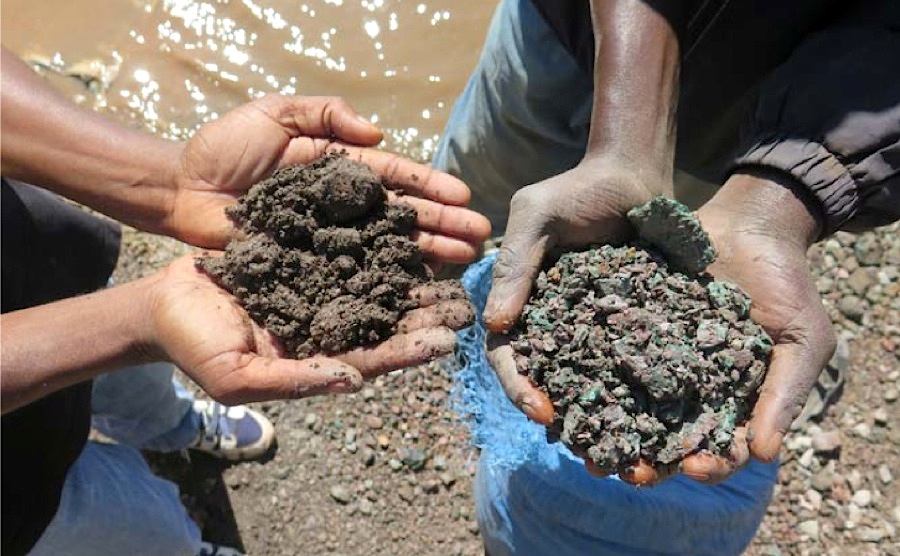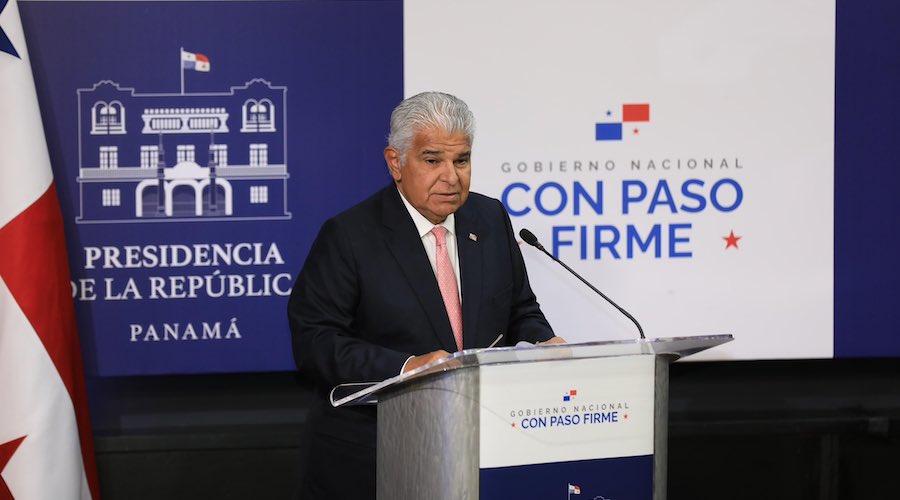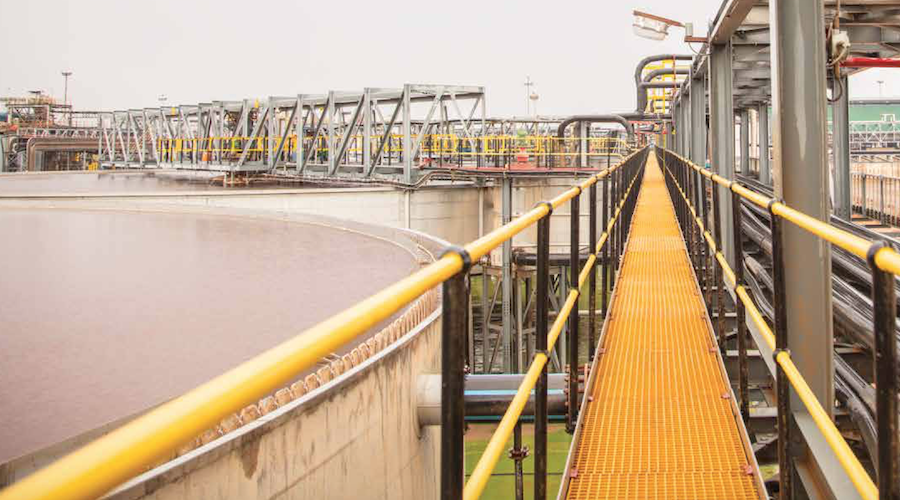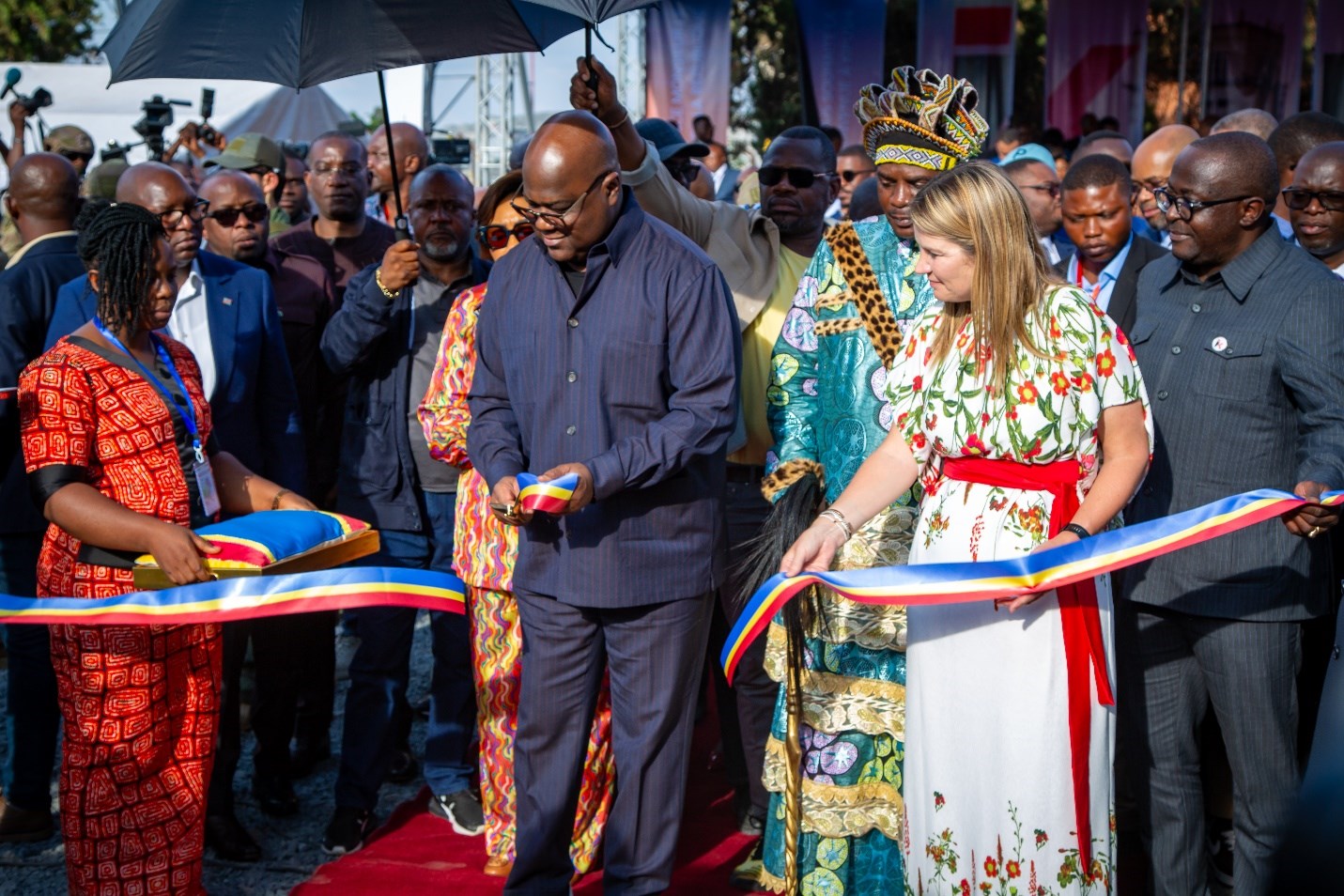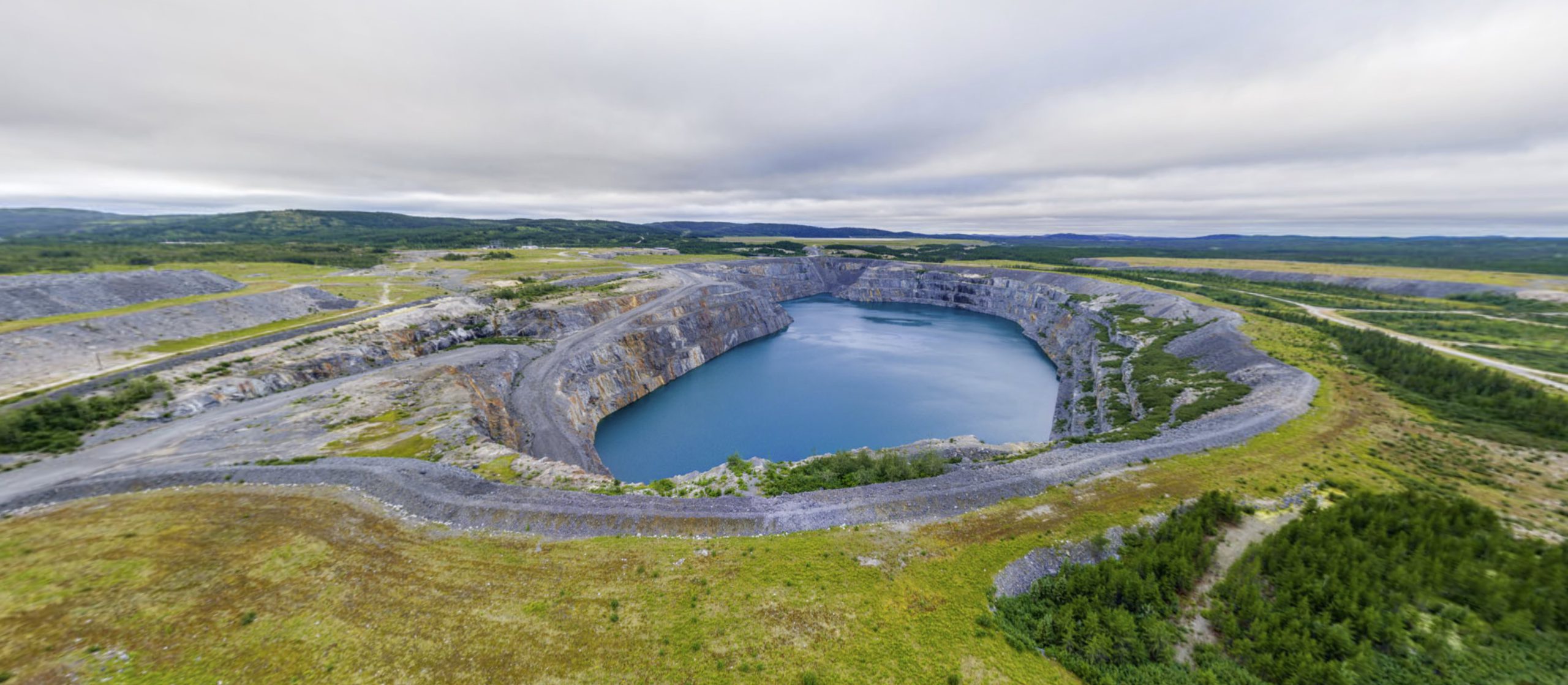Nearly two-thirds of the world’s cobalt comes from Congo. Demand for the metal has surged due to expected growth in the electric vehicle sector, causing the price on the London Metal Exchange to triple over the last two years.
The process of revising Congo’s 2002 mining code has dragged on for over five years. The mines minister suspended consideration of the bill in 2016 after miners complained that its fiscal terms would make their projects unprofitable.
The government reintroduced it last May however, saying it was essential to boosting revenues in a country with an annual budget of only around $5 billion, which has suffered in recent years due to commodities price fluctuations.
Under the existing code, a 2 percent royalty is levied on cobalt as a base metal alongside copper, of which Congo is Africa’s leading producer. The royalty on base metals would increase to 3.5 percent under the revised code.
It would also impose a 5 percent royalty on “strategic metals”.
Mines Minister Martin Kabwelulu told Reuters earlier this month that the government would consider designating cobalt a strategic metal once the law had passed.
In a statement last month, several of Congo’s largest mines, including projects operated by Swiss-based commodities giant Glencore and London-listed Randgold Resources, said investors would look elsewhere if the code were approved by the Senate and signed into law by the president.
Fifty-nine senators supported the new code in a vote late on Wednesday. None voted against it, and there were three abstentions.
The Senate and National Assembly versions of the law are due to go to committee on Thursday to be harmonised before the final text is sent to President Joseph Kabila for his signature.
(Reporting by Amedee Mwarabu; writing by Joe Bavier; editing by Diane Craft)

